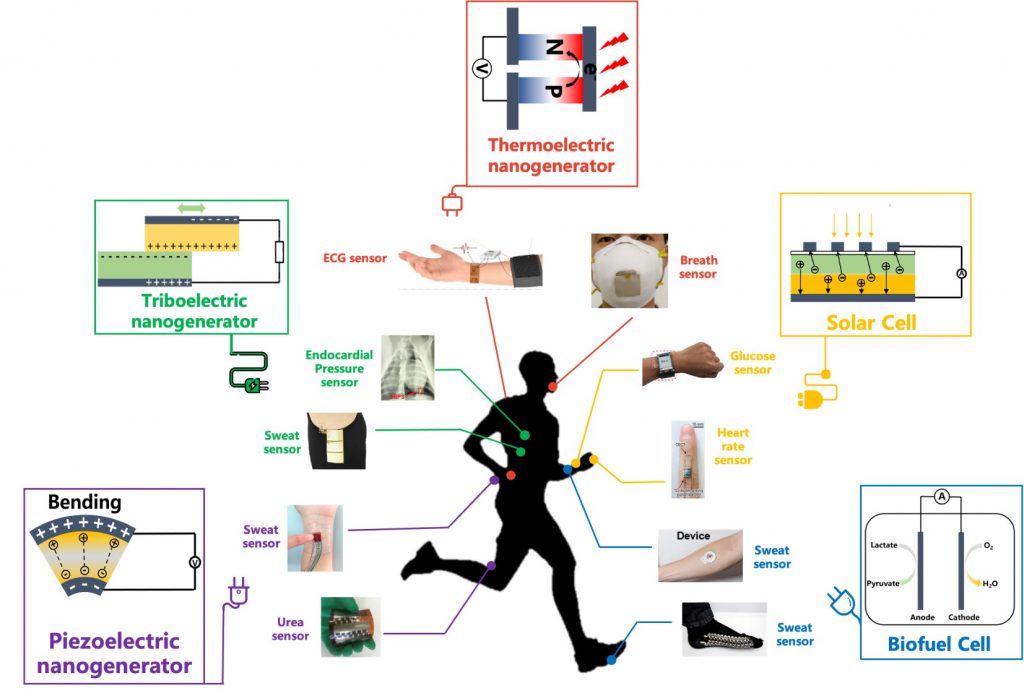|
Mobile computing has revolutionized the way we interact with technology, providing us with unprecedented levels of connectivity and mobility. With the advancement of smartphones, tablets, and wearable devices, we are no longer confined to traditional desktop computers or stationary locations. In this article, we will explore the various aspects of mobile computing and its impact on our lives. One of the primary benefits of mobile computing is the ability to stay connected regardless of our physical location. With the proliferation of high-speed internet access and the widespread availability of wireless networks, we can access information, communicate with others, and perform tasks on the go. Whether it's checking emails, browsing social media, or conducting business transactions, mobile devices have become an essential tool for staying connected in today's fast-paced world. Moreover, mobile computing has transformed the way we access and consume information. Gone are the days when we had to rely solely on desktop computers to browse the internet or search for information. With mobile devices, we can instantly access a wealth of knowledge at our fingertips. Whether it's searching for directions, reading news articles, or watching videos, mobile computing has made information readily available anytime, anywhere. Another significant aspect of mobile computing is its impact on productivity and efficiency. Through a wide range of mobile applications, professionals can now work remotely, collaborate with colleagues, and manage their tasks effectively. Cloud-based storage solutions enable seamless synchronization of files across multiple devices, ensuring that important documents are always accessible. Additionally, mobile productivity apps offer features such as note-taking, task management, and document editing, empowering users to accomplish tasks efficiently while on the move. The rise of mobile computing has also sparked innovation in various industries. From healthcare to transportation, companies are leveraging mobile technologies to improve services and streamline operations. For instance, mobile health applications allow patients to monitor their health conditions, access medical records, and even consult with healthcare professionals remotely. In the transportation sector, ride-sharing platforms and navigation apps have revolutionized the way we travel, providing convenient and affordable options for commuting. However, it is important to acknowledge the challenges that come with mobile computing. Privacy and security concerns have become more prominent as we increasingly rely on mobile devices to store and transmit sensitive information. Protecting personal data from unauthorized access and ensuring secure communication channels are ongoing priorities for developers and users alike. In conclusion, mobile computing has become an integral part of our lives, empowering us with connectivity, mobility, and access to information. Its impact extends across various domains, from communication and productivity to healthcare and transportation. As technology continues to advance, it is crucial to address the challenges associated with mobile computing to harness its full potential while safeguarding user privacy and security.  |
